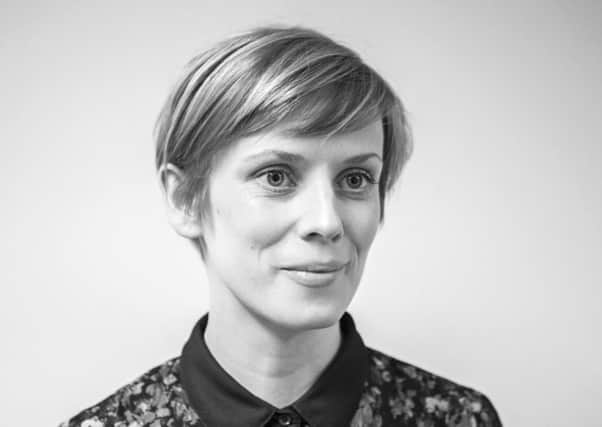Helen Teeling: Fostering a creative community


And there’s a literal sense to this, that increasingly our economies thrive on connections and knowledge just as much as they do on hard skills.
This need for being connected can easily be understood in creative workspaces: what creates successful, vibrant and prosperous hubs of activity is the people who inhabit them, and what attracts people in the first place is a pre-existing community, or vision, they can align with.
Advertisement
Hide AdAdvertisement
Hide AdWorking in close connection to those with a complementary yet diverse range of skills is becoming ever-more essential. As the number of freelancers, micro-enterprises and start ups continues to grow (now 600,000 more microenterprises in the UK than back in 2008), so does the need for a refined approach to understanding, developing and establishing spaces that foster this new creative workforce. More and more, what businesses are looking for from a workspace is more than bricks and mortar.
This doesn’t need to be one-sided though. Working with and creating new approaches that sustain the creative economies, while harnessing their energy and dynamism, has economic impact on the spaces and buildings themselves and the wider area.
Currently we’re seeing the most unlikely neighbourhoods hosting some of the newest and most progressive companies and creative hubs. Whilst this is not new (arts and creative practice having a regenerational and transforming effect!), what has shifted is the availability of private funding for commercial developments, a decrease in readily available funding for arts practice and the rise of cultural enterprises. This creates a new opportunity to work in closer partnership with private and commercial landlords, to develop spaces that serve a genuine vision, but which are also commercial success stories.
These two things are no longer mutually exclusive.
A case in point is The Whisky Bond, a recently developed commercial and creative workspace overlooking the Forth and Clyde Canal near Possilpark in Glasgow. The Whisky Bond is a converted warehouse originally built in the 1950s to store barrels of whisky, and now a newly established creative factory, home to over 100 microenterprises, over 100 artists and a busy coworking space. It was developed as a joint venture by ISIS Waterside Regeneration and a private property developer, in an unlikely corner of the city. The building is already 60 per cent full, just 12 months after the second phase of development was completed. For many of the tenants, it is the diversity and dynamism of the building’s population that creates the appeal – there’s scope for networking, collaboration, cross-selling and inspiration, as well as the obvious reduction of fixed costs.
Ultimately, this requires ongoing facilitation – somebody (humans!) to promote relationships between tenants; design and deliver a relevant event programme and somebody to create the right atmosphere within the building, whether through the design and maintenance of spaces, troubleshooting or networking advice. It’s about creating a comfortable, productive and connected environment, that makes the value of the hub greater than the sum of its parts, and the prospect of long-term tenant retention more likely – at least until they outgrow the hub and set up their own.
Helen Teeling is a director at TAKTAL, an agency that reimagines space to create social and economic value, and which coordinates the lettings, communications and events at The Whisky Bond